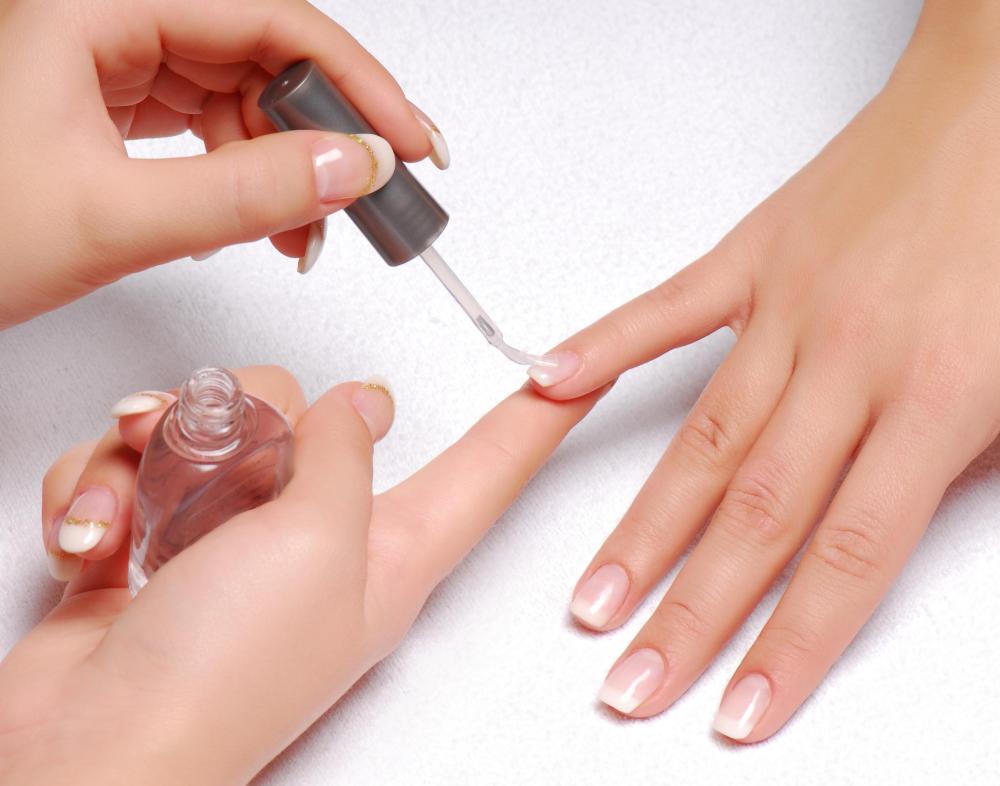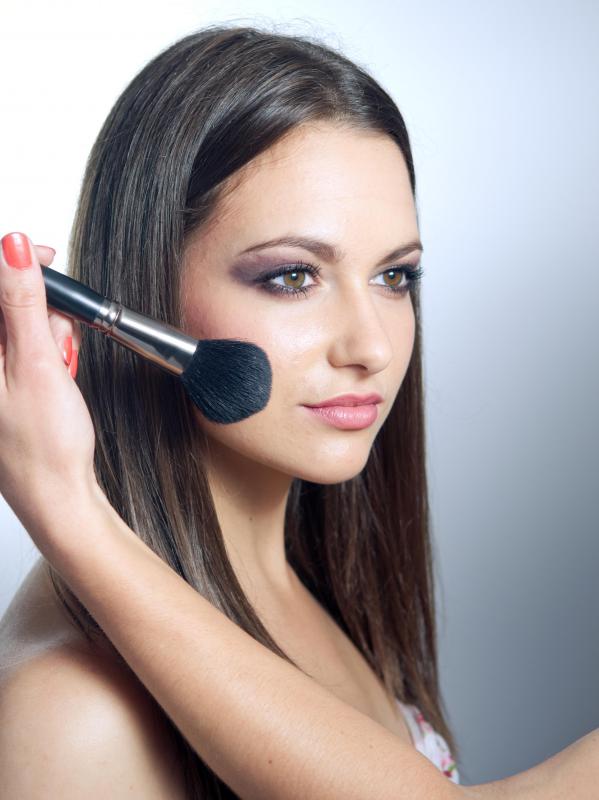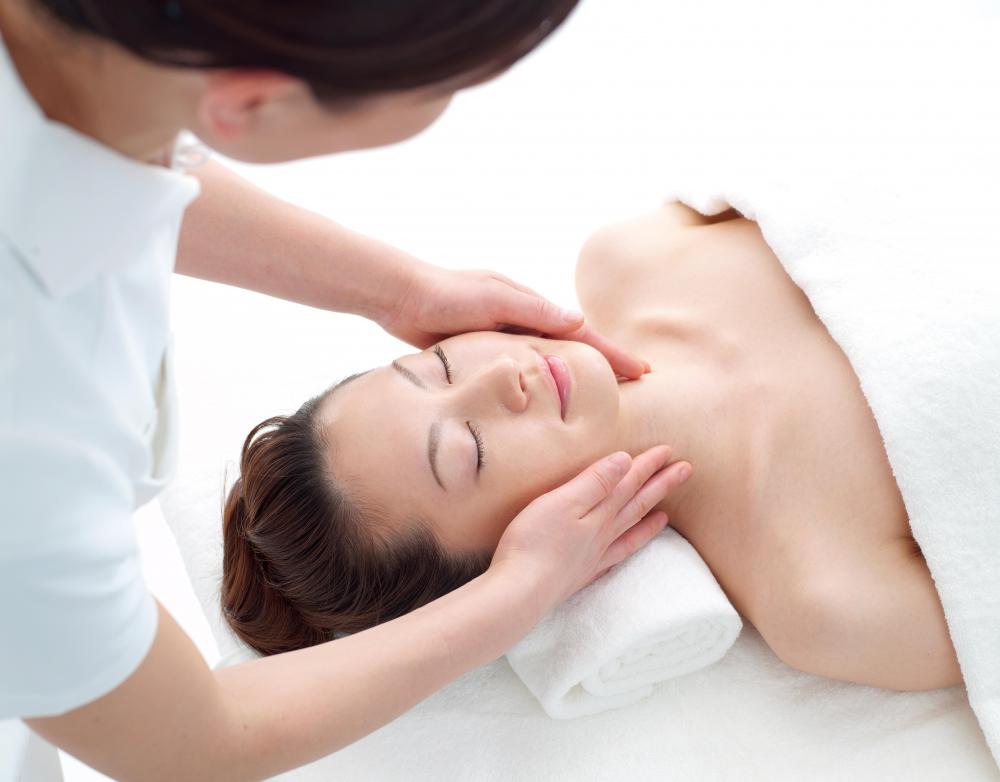At PracticalAdultInsights, we're committed to delivering accurate, trustworthy information. Our expert-authored content is rigorously fact-checked and sourced from credible authorities. Discover how we uphold the highest standards in providing you with reliable knowledge.
What are the Different Types of Beauty Courses?
There are many beauty courses a person interested in a career in cosmetology can take. These include courses in skincare, hair artistry, makeup artistry and manicuring. Training in any of these disciplines usually takes place in a specialized beauty college, but some may also be offered at junior colleges. Individuals hoping to become a medical aesthetician may also take beauty courses at a specialized school, but others who work in the field recommend that individuals interested in such careers also take separate classes in biology and anatomy.
Requirements for working in the beauty industry vary according to the country or state where a person intends to eventually work. In the United States, before being hired by a salon, most states stipulate that beauty workers become licensed in their particular field. In order to do so, intensive beauty courses must be completed at an accredited institution. Depending on the state, individuals who plan on opening their own salon or being otherwise self-employed in any cosmetology-related field must also participate in beauty courses and pass all relevant licensing exams first.

Beyond hair styling, makeup, skincare and manicuring classes, other beauty courses include training as a barber, a massage therapist and training in spa therapy. Also referred to as personal appearance workers, in the United States, careers related to these courses are among the fastest growing of all occupations and are expected to remain so. Some beauty courses last an average of nine months, but some may take up to two years to complete. Working adults who enroll in beauty school part time may even take longer to complete all of the required coursework needed to take licensing examinations.

Beauty courses relating to skincare typically cover subjects such as facials, body waxing, exfoliation and various skin treatments. Another skincare niche, known as medical aesthetics, relies on these same courses, but often requires a greater degree of experience in medical settings. This is because medical aestheticians work alongside plastic surgeons in helping to improve a person’s appearance after a medical trauma or an elective surgery. Special skincare instructions often must be followed after cosmetic surgery and these specialized aestheticians must consult with patients in this regard. In addition to beauty courses that prepare students to work in skincare careers, medical aestheticians also may benefit from college courses in anatomy and biology for added education in treating medical patients.
AS FEATURED ON:
AS FEATURED ON:















Discuss this Article
Post your comments